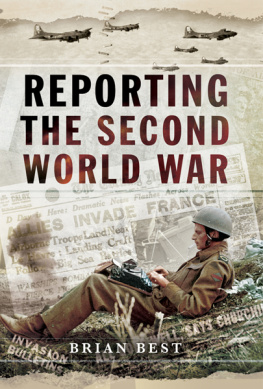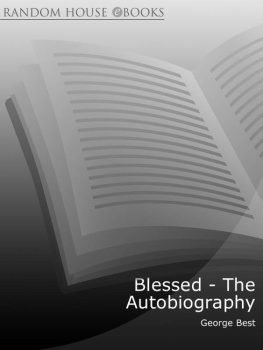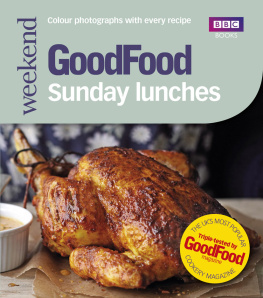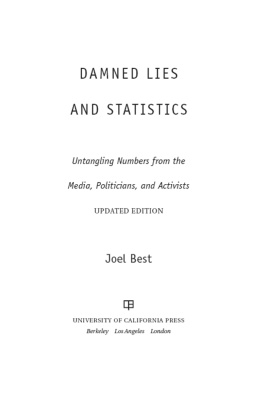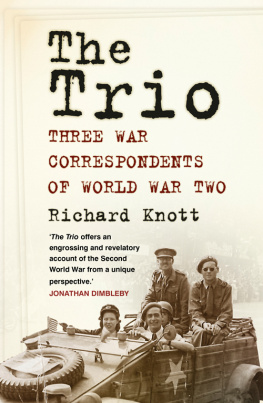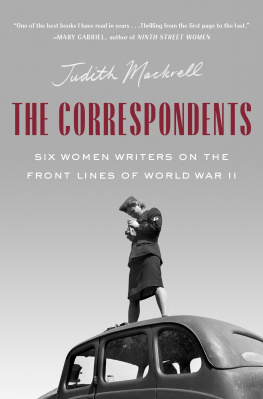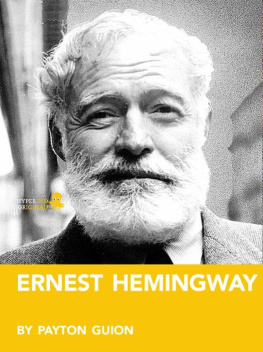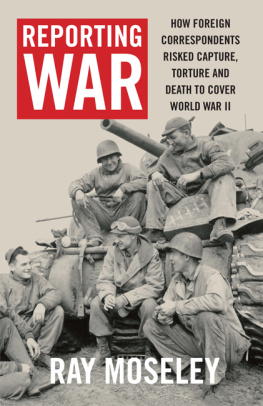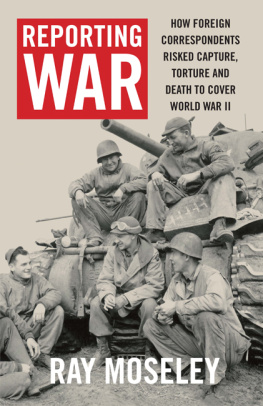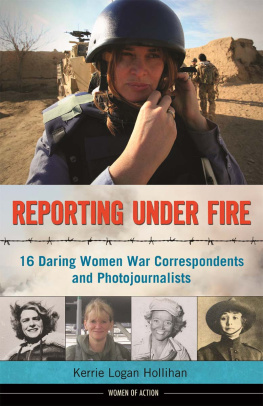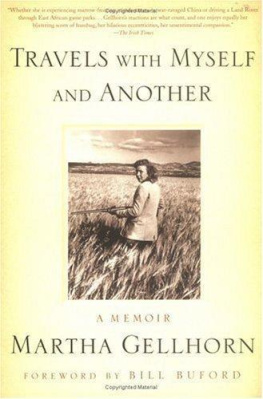In wartime, truth is so precious that she should always be attended by a bodyguard of lies.
Winston Churchill
First published in Great Britain in 2015 by
PEN AND SWORD MILITARY
an imprint of
Pen and Sword Books Ltd
47 Church Street
Barnsley
South Yorkshire S70 2AS
Copyright Brian Best, 2015
ISBN: 978 1 47383 420 0
PDF ISBN: 978 1 47387 067 3
EPUB ISBN: 978 1 47387 066 6
PRC ISBN: 978 1 47387 065 9
The right of Brian Best to be identified as the author of this work has been asserted by him in accordance with the Copyright, Designs and Patents Act 1988.
A CIP record for this book is available from the British Library.
All rights reserved. No part of this book may be reproduced or transmitted in any form or by any means, electronic or mechanical including photocopying, recording or by any information storage and retrieval system, without permission from the Publisher in writing.
Printed and bound in England by
CPI Group (UK) Ltd, Croydon, CR0 4YY
Typeset in Times by CHIC GRAPHICS
Pen & Sword Books Ltd incorporates the imprints of
Pen & Sword Books Ltd incorporates the imprints of Pen & Sword Archaeology, Atlas, Aviation, Battleground, Discovery, Family History, History, Maritime, Military, Naval, Politics, Railways, Select, Social History, Transport, True Crime, Claymore Press, Frontline Books, Leo Cooper, Praetorian Press, Remember When, Seaforth Publishing and Wharncliffe
For a complete list of Pen and Sword titles please contact
Pen and Sword Books Limited
47 Church Street, Barnsley, South Yorkshire, S70 2AS, England
E-mail:
Website: www.pen-and-sword.co.uk
Contents
Prologue
With the end of the First World War came recriminations and downright fury over the way the war had been reported in the newspapers. In just ten years, the brilliantly shining stars of journalism, the war correspondents, had seen their popularity destroyed in the war years by the combination of heavy censorship, a readiness to embrace the military hierarchys version of the truth and a blatant misrepresentation of life at the sharp end. In particular, they faced the scorn of the millions of soldiers who had suffered the horrors of the front line and had not been truthfully portrayed.
Belatedly, decent correspondents like Philip Gibbs wrote books revealing what conditions were like for the troops and criticising the deadly folly of the High Commands wasteful strategies. For the public, the pursuit of truth had arrived years too late. Practically all the accredited correspondents were middle-aged or physically unfit for service and soon retired to write their memoirs. Any future war would be covered by a fresh younger batch of journalists, with the addition of female war correspondents something never thought possible at the end of the Great War.
Britain staggered through the 1920s, a period of depression and steady decline in her former economic pre-eminence. Poverty and stagnant growth were epitomised by the General Strike of 1926, which sowed the seeds of mistrust and militancy for decades. In contrast, America was enjoying a period of prosperity and achievement, dubbing the 1920s as the Roaring Twenties, but there was little evidence of such vibrancy in Britain.
As the world moved into the 1930s, there were signs that its citizens were trying to lay its past to rest with new innovations and a promise of a brighter future with the development of cars, airplanes, entertainment in the shape of talkies, radio and television. For the newspapers, there was much debate about the resurgence of Germany under Adolf Hitlers Nazi Party from the desperate days of hyperinflation and riots, to apparent affluence and national pride. One of Germanys admirers was Viscount Rothermere, owner of the Daily Mail, who was fulsome in his praise for the new German Chancellor. Other papers were less sure. Alarm bells rang when the British home-grown version of the Nazis, Oswald Mosleys Blackshirts, began to show their true side in their provocative and violent rallies.
Then in 1936 came the Reign of Three Kings. On 28 January, King George V died and was succeeded by his eldest son, Edward VIII. In December, Edward signed his abdication to marry the American divorce, Wallis Simpson. The throne then passed to the next in line, Edwards reluctant younger brother, George VI.
Also vying for attention in the newspapers was the outbreak of the Spanish Civil War on 17 July 1936. This afforded the first chance since the Great War for journalists to go and report a European war. Most national newspapers were poorly prepared to cover this rebellion but it enabled new correspondents to gain experience for the greater conflict that was about to engulf the world. It also brought into prominence the American correspondents, who, with their countrys involvement in the Second World War, became increasingly dominant in all the war fronts around the world.
Unlike their Great War predecessors, the Second World War correspondents were free to visit the sharp end of the fighting, even taking part in bombing missions, parachute drops and amphibious landings. They were able to write about the conditions in which servicemen fought, something never before articulated. It also brought increased dangers.
The toll on war correspondents was considerable. Many suffered death and wounds alongside the servicemen: sniper, machine gun, mortar and artillery fire. Others strayed on to mine fields, were bombed or drowned at sea. Some were captured along with the men about whom they were reporting and one American correspondent was executed by the SS. One of the most common causes of death amongst the correspondents was travelling by air. Aviation was still in its unreliable stage and this, coupled with overworked and poorly maintained aircraft, was the cause of so many air accidents in which war correspondents died.
The unexpected decision by the Royal Air Force to allow the BBCs Richard Dimbleby to record his impressions of a bombing raid on Berlin paved the way for many correspondents to follow suit. As the average life of a bomber crew was tragically short, this was a stunt that should only be pulled off once or twice. Instead, many correspondents risked their necks to take part in this perilous exercise despite one bombing mission being much the same as any other. In fact Dimbleby flew a further nineteen times, despite hating flying and suffering air sickness. Ed Murrow was another who did not have to fly but, like Dimbleby and others, wanted to feel he was supporting the efforts of Allied aircrew.
Increasingly, war correspondents identified themselves with the fighting man and the fighting man generally reciprocated. A good example of this was the American reporter, Ernie Pyle, who established a strong bond with the ordinary GI infantryman and gained great fame in America for his heartfelt reports on the soldiers life on campaign. A depressive, he suffered a breakdown, but still kept coming back and reporting under fire until he was killed within weeks of the wars end.
Women correspondents had to overcome the reluctance of their newspapers and the military to allow them anywhere close to the front line. In spite of this imposition, reporters like Martha Gellhorn, Margaret Bourke-White and Clare Hollingworth managed to outflank the authorities and scoop their male colleagues.
The war introduced thousands of correspondents to warfare and made an impact on most of them. After the war, some became household names like Richard Dimbleby, Ed Murrow and Walter Cronkite, all three of whom made the transition from radio to television. Many went on to write bestselling books like Alan Moorehead and Cornelius Ryan. Others went on reporting the many colonial wars for independence that quickly followed 1945, and some continued to be killed in the process.
Next page
